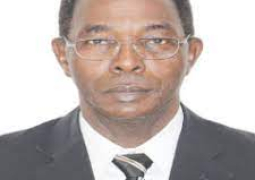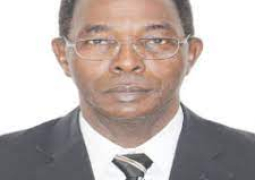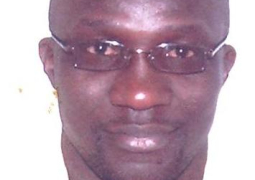The deficiency in our government communication system is to be blamed for pronouncements on projects that were envisaged, sanctioned and achieved by the government of Yahya Jammeh in the 2nd Republic. Nowadays, raising the people’s hopes in development is at the cornerstone of the political promises all over the country. Naturally, this is what is expected of a party that was formed without a political base in the country. Looking at the fact sheets however, the former government achieved positive results from the Indian government for the following projects:
- Rural Electrification – USD 22.5 million
- Electricity Expansion for Greater Banjul – USD 22.5 million
- Water Supply Project (changing of asbestos pipes) – USD 22.5 million
- Ports Expansion Project USD 92 million
- Vocational Training Centre (incubation centre) – USD 7.5 million
- New House of Parliament
- Education Scholarships
- Medical Assistance for Gambian Patients in a Critical State
In addition to the above, the OIC and Conference, the Trans Gambia Bridge, Sukuta/Jabang Highway, Sankulay Kunda Bridge, parts of Laminkoto/Passimas Road, etc. were all accomplished by the government of Jammeh. Gambians are highly aware of the fact that almost the entire infrastructure landscape of The Gambia was built by the government of Jammeh. The former government had at its disposal officers and staff ministers of diplomatic skills, technocratic and professional competences which impacted significantly on the performance of the economy and the wellbeing of society. Governance is all about priorities, especially in regards to the felt needs of the people.
It could be said that the current regime is engaged in massive infrastructure development in URR and Banjul. The regime is also poised to bringing accelerated infrastructure developments in CRR, NBR and elsewhere in the country. If this trend continues then there will be complementary development initiatives between the government of the 2nd and 3rd republics. This is a welcome news especially for a people who have been yearning for their share of the benefits of New Gambia.
The politically motivated tour which has been linked to the politics of the incumbency, will likely benefit NPP, which has been formed without a political base. It is politically wrong for a sitting President to form a political party to contest in elections. No wonder we are seeing and hearing the regime taking credit for projects that were neither envisaged nor negotiated by them from bilateral and multilateral partners of the country. At the end of the day however, it is the victory of the nation to achieve development.
What is most disturbing is that while the race to the State House in 2021 is in full gear in politics, some critical issues of importance to democratic governance remains hanging in the air. For example, the CRC Draft 2020 Constitution has been laid to rest and there is no visible movement in its reactivation. The Civil Service and Security Sectors Reform have been moving at a snail’s pace. The elections Bill and Anticorruption Bill are hanging in the air waiting to be retrieved and sanctioned into action.
There are no policy decisions about the reduction of the large fleet of government vehicles. Many Gambians have expressed concerns over the sale of assets of the former President Jammeh. The procurement rules in respect of the award of state contracts have been flouted many times over.
In the absence of political accountability, there will be no genuine transition from “bad governance” to good governance in the country.





